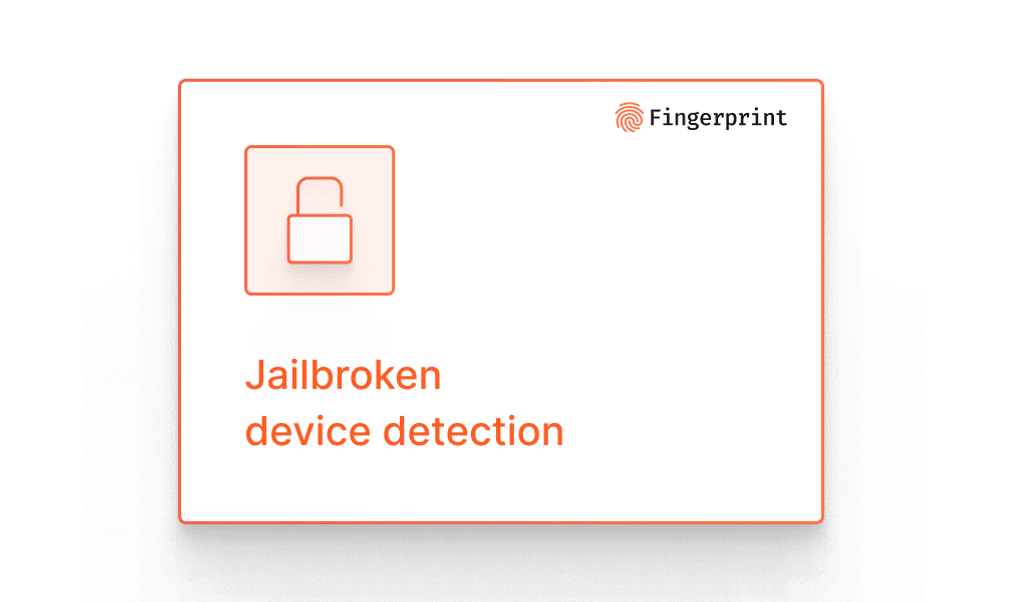
Summarize this article with
Browsers are continuously improving their privacy-focused features to give users more control over their data. The fingerprinting protection introduced for Safari 17 private browsing is one such example. Another example is Google’s Privacy Sandbox releases and the retirement of third-party cookies in 2024.
The ongoing changes to privacy protection within browsers aim to keep the website anonymous for all users. Not all users visit the internet with altruistic means, and nefarious website visitors are becoming all too common. The need for stable, accurate, and seamless visitor and device identification is ever more crucial.
This article discusses what you need to know about the upcoming Apple and Google privacy changes beginning this fall and throughout 2024.
Apple Safari 17
Apple announced at its Spring 2023 event that they are releasing even more privacy-focused updates in their fall OS releases. These updates include “major upgrades” to Safari Private Browsing, specifically targeting fingerprinting capabilities in Safari 17 for macOS and iOS. Safari 17 is expected to be publicly available shortly after Apple’s rumored fall event in mid-September. The Beta versions are currently available for developers and those who opt in.
At Fingerprint, we adapt to and improve with every new browser release so that we can continue to be the most accurate and stable device identifier across all browsers and operating systems.
We’ve previously faced significant changes to Safari and successfully adapted to those changes to keep our device identifier stable and accurate. The upcoming Safari 17 release is not any different. With those updates, we did not detect any accuracy degradation in Safari desktop or iOS new versions.
With the latest version of Fingerprint, we offer the same level of industry-leading accuracy and months-long stable device identifier critical for businesses to combat and prevent fraudulent activities.
Google Privacy Sandbox
The Privacy Sandbox is an industry-wide effort to develop new technology to improve people’s privacy across the Web and apps on Android. The proposed solutions will limit the tracking of individuals and provide safer alternatives to existing technology on these platforms while keeping them open and accessible to everyone. Ultimately, this will phase out third-party cookies in Q3 of 2024.
According to Google, “Privacy Sandbox also helps to limit other forms of tracking, like fingerprinting, by restricting the amount of information sites can access so that your information stays private, safe, and secure.”
Google introducing a widely available Privacy Sandbox and retiring third-party cookies is not a surprise and a long-expected change across the industry. Fingerprint’s device identifier does not rely solely on cookies or any of our other 70+ identification signals, so we don’t expect any issues as the changes roll out more widely over the next year.
Adapting to Browser Evolution
At Fingerprint, we maintain our accuracy rates by proactively adapting to browser technology advancements like these. Our strategies ensure that Fingerprint keeps pace with browser updates and remains a leader in device identification technology. We manage this by:
Countering Uniformity Approaches
Many modern browsers attempt to implement uniformity as an anti-fingerprinting technique, making all browser instances look nearly identical. These methods manipulate web APIs so they return generalized or dummy values, reducing a browser's fingerprintability. We continuously analyze these changes and adjust our algorithms to find subtle variations in the supposedly uniform data, allowing us to maintain our ability to identify devices accurately.
Overcoming Randomization Techniques
Browsers also employ randomization methods that alter data each time a browser is queried. Our technology uses advanced statistical methods to detect patterns in this added randomization. This noise bypassing allows us to isolate and identify the underlying, stable characteristics of the device despite apparent random data presentations.
Algorithmic Enhancements and Machine Learning
We leverage machine learning to refine our identification algorithms continuously. Training our models on vast datasets, including new browser versions as they are released, ensures that our identification methods keep up with browser updates. Ongoing training allows us to predict and react to browser changes before they can impact our accuracy.
Proactive Research and Development
Our R&D team constantly focuses on forward-looking assessments and developing new identification strategies that anticipate future browser updates. By participating in industry forums and collaborating with technology leaders, we gain insights into planned privacy features and prepare our strategies in advance.
Community Engagement
We also engage with our community, providing additional insights into potential browser changes. This community engagement helps us stay ahead by refining our methods based on a broad network of developers working on similar challenges.
Conclusion
We'll cover the changes as they evolve over the next year, especially around the Privacy Sandbox. There's still much to learn about these updates' long-term implications. However, Fingerprint continuously researches new ways to provide the most accurate identification methods that are unaffected by such changes. We proactively update our product, addressing anything that may be affected by any external influences ahead of time to ensure no drop in accuracy.
Learn more about browser support for all major internet browsers.



